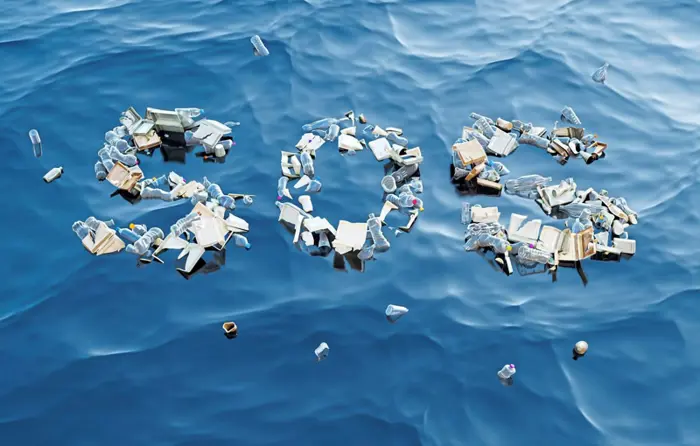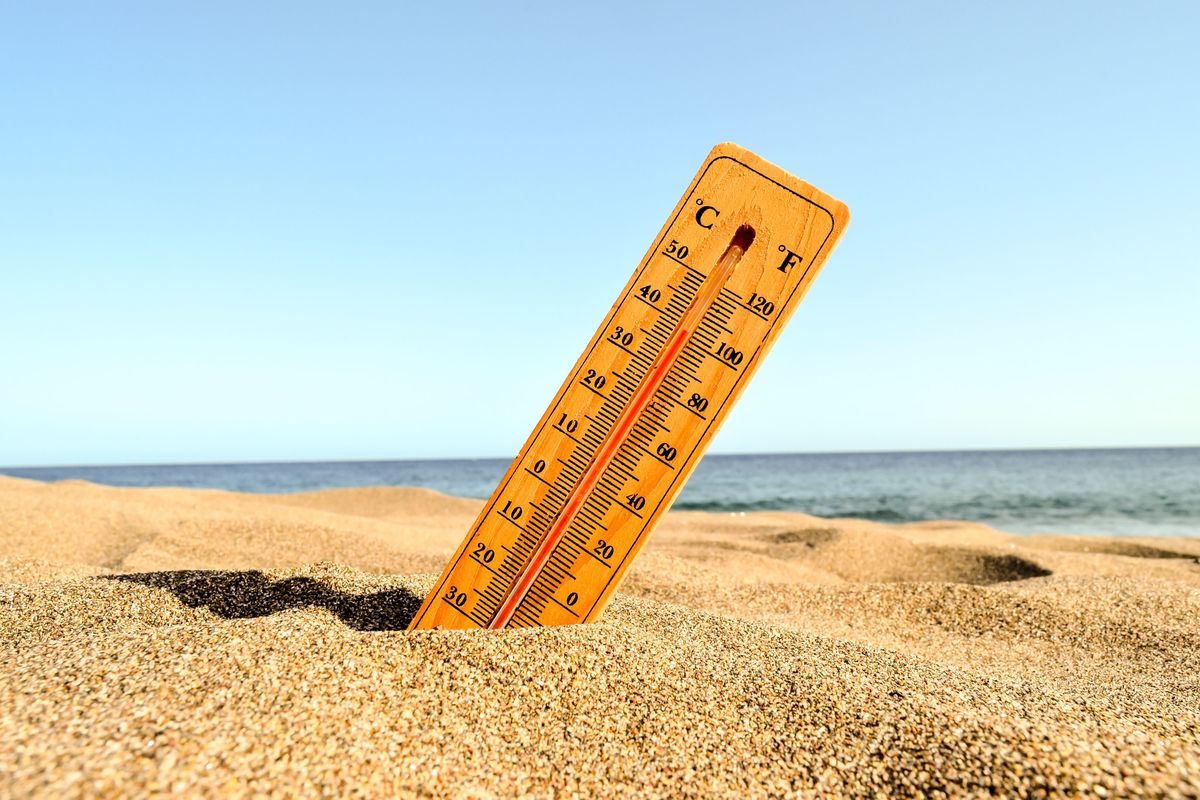As a researcher with the Department of Fisheries Malaysia studying marine plastic pollution, I spend my days documenting a crisis that most people never see. Research on Malaysian beaches reveals between 64 to 1,930 pieces of plastic debris per square metre. Bottles, bags, food containers and abandoned fishing gear that tell the story of our plastic-dependent lifestyle. But this visible pollution represents only the surface of what our research team discovers when we dive deeper into our marine ecosystem.
The scale of Malaysia’s plastic challenge through a researcher’s eyes
My research on marine debris has taken me from the waters around Penang to remote fishing villages along our coastlines. Malaysia contributes an estimated 73,098 metric tonnes of plastic waste annually to our oceans, ranking us third globally among ocean polluters.
This staggering figure becomes real when I examine the contents of fishing nets, increasingly filled with plastic debris alongside the day’s catch. During field studies in the Straits of Malacca and South China Sea, waters that have sustained our fishing communities for generations, I’ve documented how these vital waterways have become major pathways for plastic debris.
From single-use shopping bags to various types of marine debris, these items drift with currents, creating challenges for marine life and fishing operations. The research on marine debris includes studying lost and discarded fishing equipment, which represents a complex challenge in marine pollution.
These items can continue to impact marine environments after they’re unintentionally lost or discarded due to various factors including severe weather, equipment failure, or operational difficulties. During our surveys, we’ve documented how such equipment can accumulate marine life and smaller plastic debris as it drifts, highlighting the need for better prevention strategies and recovery programmes.
The problem starts on land, as marine debris studies demonstrate. Inadequate waste management infrastructure, combined with increasing urbanisation, means that much of our plastic waste never reaches proper disposal facilities.




